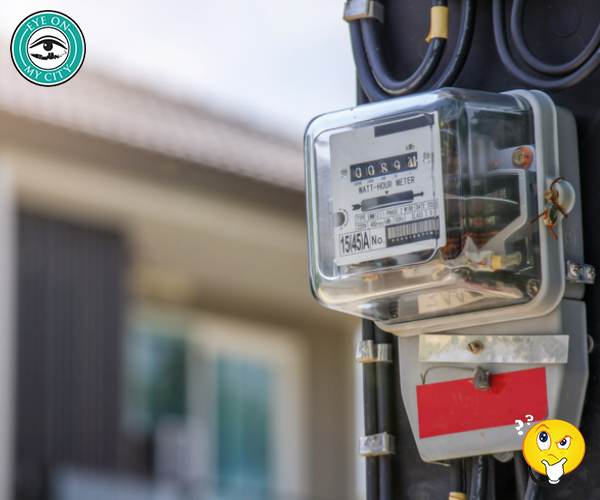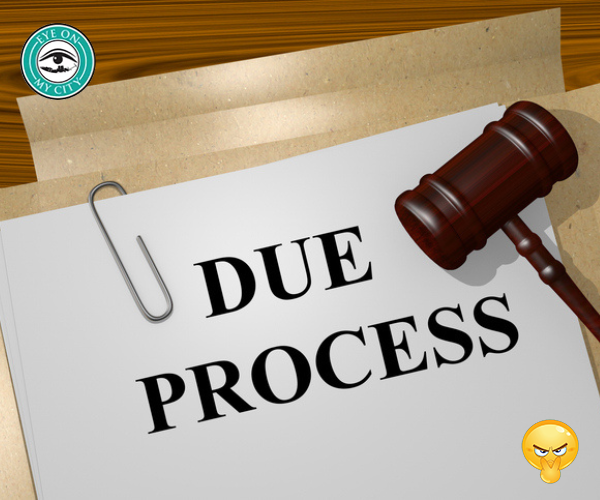Jacksonville’s City Council is right to oppose state legislation that would reduce the control taxpayers have over the local water, sewer and electricity utility. But some council members may be confused about the reasons for opposing the measure.
Bills making their way through the Florida Legislature could violate home rule as it pertains to JEA.
Home rule, meaning local control of local matters, was codified 50 years ago and there is no reason to begin weakening the power it reserves for local taxpayers.
“Some council members feel HB 1331 and SB 1380 could open the door for a future sale of JEA,” First Coast News wrote.
That makes no sense because the city owns and can sell the JEA now.
A few years ago JEA sought bids for the utility but the plan went down the drain after it was disclosed that JEA had set up a method to enrich top management if the sale took place.
It was not the prospect of the sale that was worrisome but the way it was done.
Any asset is for sale at the right price. If someone owned a home worth $100,000 he would be pretty silly not to sell it for $10 million.
Even a revenue-producing asset is for sale. The city bought a number of private water and sewer utilities after consolidation and incorporated them into the city’s system, now operated by JEA.
JEA produces about $122 million a year for the city. The amount is similar to what a private utility would pay the city in taxes and fees.
The payment by JEA customers is offset by the lower property taxes paid by homeowners but the two groups essentially are the same people. In other words, local residents get lower property taxes in exchange for higher utility fees.
No local legislators are sponsors of the bills causing concern. Apparently, some legislator in another part of the state has a beef with a municipal utility related to sales outside the service boundaries of the utility.
The Senate version would require a municipality to charge customers receiving its utility services in another municipality the same rates, fees, and charges it charges consumers within its municipal boundaries under certain circumstances,
Because JEA sells electricity outside of Jacksonville, there is local concern about Tallahassee affecting JEA’s ability to set rates and collect revenue.
Still another bill, SB1380, would place any municipal utility that sells service outside its service area under the Public Service Commission, which now regulates private utilities, for a period of five years. That is the bill that could do harm to Jacksonville. Its progress is temporarily postponed in the Senate Regulated Industries Committee.
The resolution approved by the council expresses its opinion but has no force of law. The organization representing municipal utilities in the state also is opposed.
Finally, another bill in the works would require the city to eliminate septic tanks within 10 years. The Curry administration already is pursuing such a plan at tremendous cost and with little justification, but the new bill would put state impetus behind such a quest.
It is difficult to imagine that a Republican majority in the legislature would allow a slew of bills to pass that would have such a significant impact on local governments, given that no showing of a problem needing a solution has been presented.
But strange things happen in Tallahassee this time of year so it is well to be prepared, and act when a threat arises.










